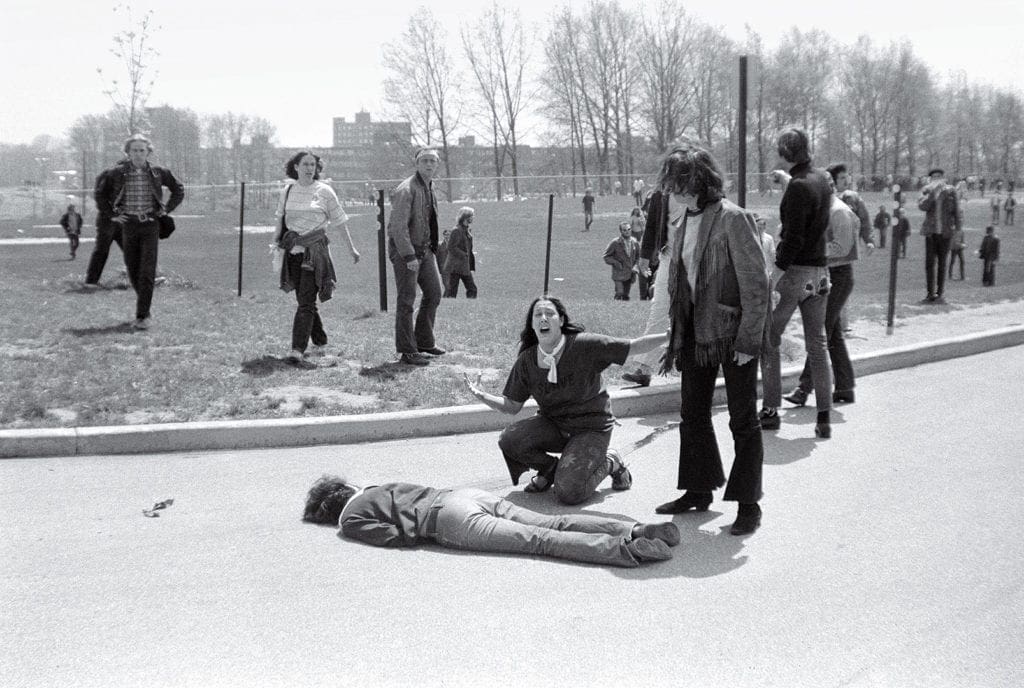U.S. senators focused on free speech on college campuses on Tuesday as a panel questioned students, academics, and lawyers after high-profile speeches were canceled on campuses around the country this past year.

Those students and academics questioned on the panel insisted the “golden rule” is for the speech to go on as long as violence can be prevented. They dismissed the idea of intolerance.
Eugene Volokh, a professor at the UCLA School of Law, said that a “heckler’s veto” should not be allowed.
“I think the answer is to make sure they don’t create a disturbance and to threaten them with punishment, meaningful punishment if they do create a disturbance,” Volokh said. “If thugs learn that all they need to do in order to suppress speech is to threaten violence, then there will be more such threats.”
But Sen. Dianne Feinstein, D-Calif., said that universities can’t always deal with the fallout when protestors respond to a speaker they oppose. She said the biggest threat of violence often comes from people who don’t attend the university and that colleges don’t always have the resources to deal with those types of situations.
“You don’t think we learned a lesson at Kent State way back when?” Feinstein said at one point.
In 1970, National Guardsmen opened fire on unarmed protesters of the Vietnam War at Kent State University in Ohio. Four students died and nine others were wounded.
Police charged that among the rioters they had spotted two militants just released from jail after serving six months on violent charges. The students denied this.
During these times on campuses across the country, it is imperative that elected officials and police understand the First Amendment in its entirety before any action is taken in the name of security. It’s also ridiculous to think that the killings of those students would have been prevented if the government hadn’t allowed the protests in the first place.
The First Amendment states:
Congress shall make no law respecting an establishment of religion, or prohibiting the free exercise thereof; or abridging the freedom of speech, or of the press; or the right of the people peaceably to assemble, and to petition the Government for a redress of grievances.
Therefore, students are within their rights to peacefully protest or demonstrate. If, and only if, protests become violent is it the role of the government to intervene.
Free speech means that Americans have the undeniable right to say, write, publish, and think whatever they want. It also means that we have the right to protest any establishment we so choose, even if it is our university or government.
The events that surrounded the shootings at Kent State should teach us that no matter how controversial the topic, we are within our rights to publicly display our disagreement as long as it is done without violence.

























